Category : Students
Sep 29, 2021 | Announcements, Bangladesh, Community, In Region, News, Students
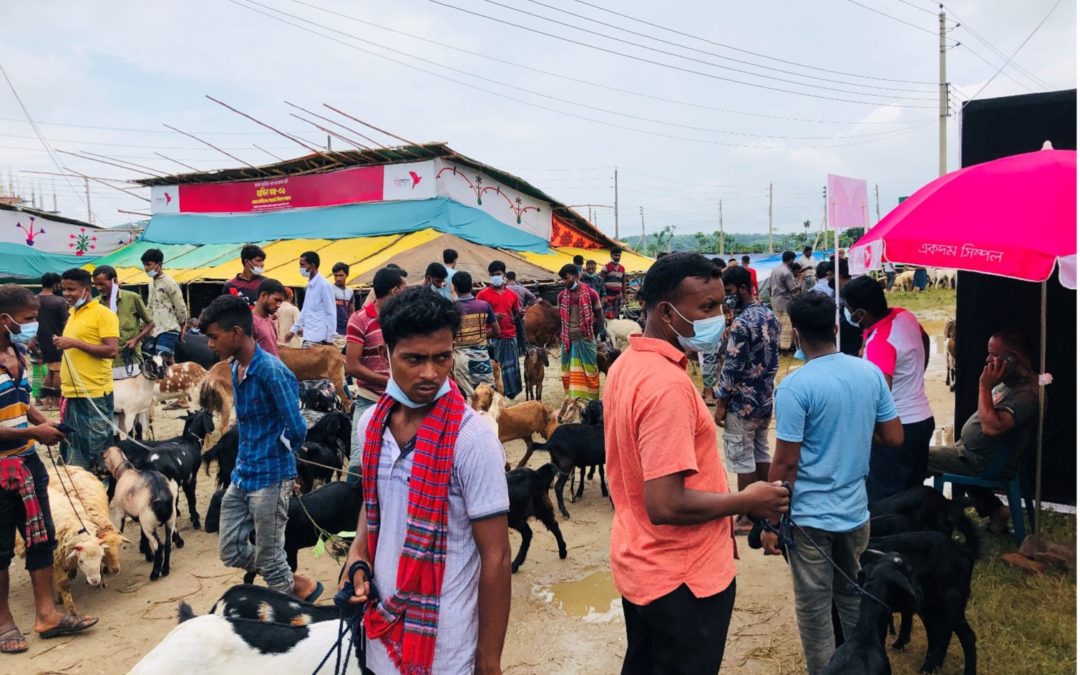
Nusrat Jahan Mim, a Harvard D.Des candidate, was a recipient of a Mittal Institute Summer 2021 Research Grant, and she shared her findings in the account below. As a part of her Doctor of Design thesis, she investigated and collected spatial data from the largest annual makeshift cattle marketplaces in Dhaka, Bangladesh during Eid ul Adha (July 19-23, 2021).
Sep 16, 2021 | Announcements, News, Students
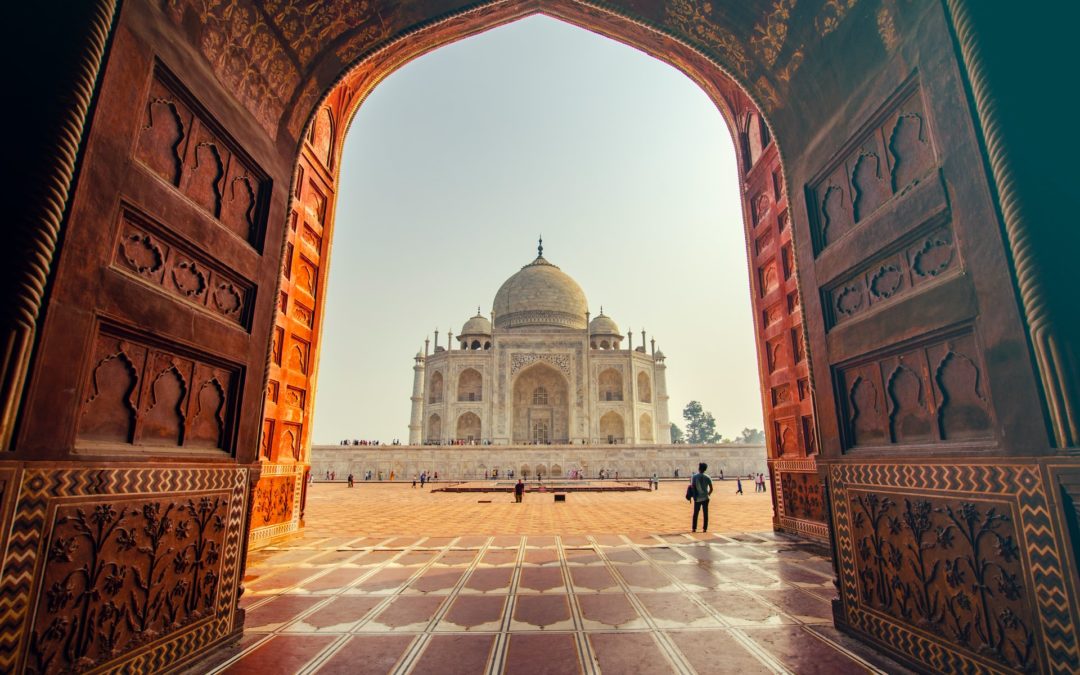
Are you a Harvard student looking to fund your language study, internship, or research on South Asia this winter? Applications for our graduate and undergraduate grants are open for Winter 2021! Be sure to apply by Friday, October 22, at 11:59 p.m.
Sep 9, 2021 | Announcements, Graduate Student Associates, News, Students

Adobe photo. This summer, our Graduate Student Associates were hard at work in locations across the globe, researching, teaching, and learning. Our Graduate Student Associate program, designed to foster an interdisciplinary exchange of ideas, supports graduate and...
Sep 2, 2021 | Announcements, Community, In Region, India, News, Students
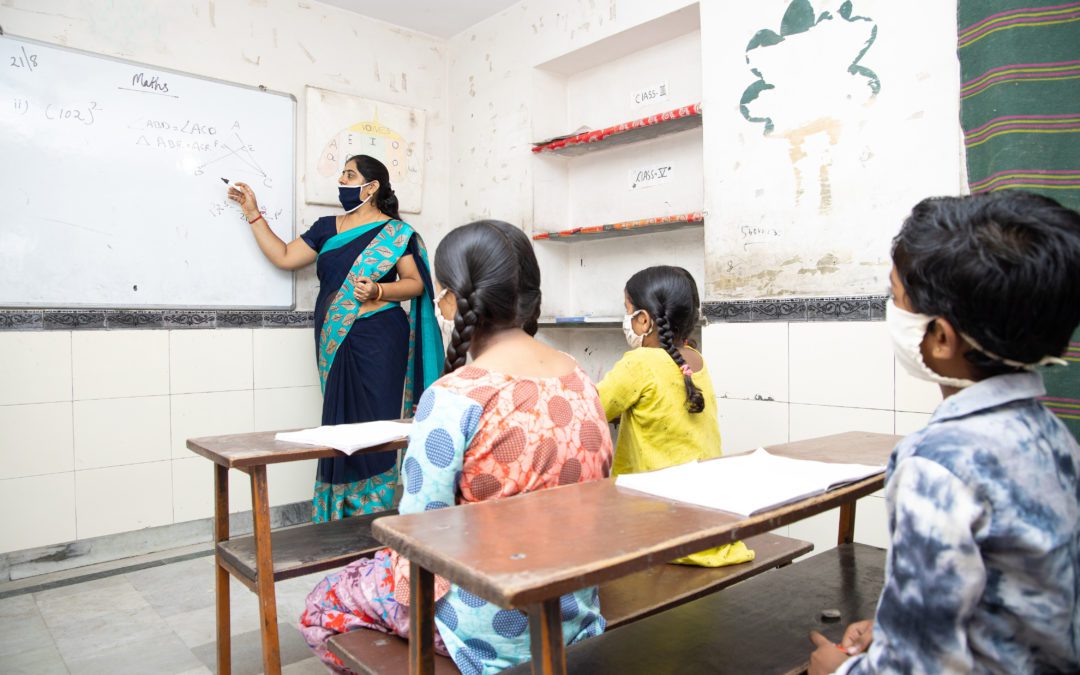
In 2017, Richa Gupta, who has an Ed.M from the Harvard Graduate School of Education, co-founded Labhya Foundation along with Malika Taneja, a Chartered Accountant who formerly worked at KPMG and Vedant Jain, anEntrepreneur. The program this foundation supports—one of...
Sep 2, 2021 | Announcements, News, Students
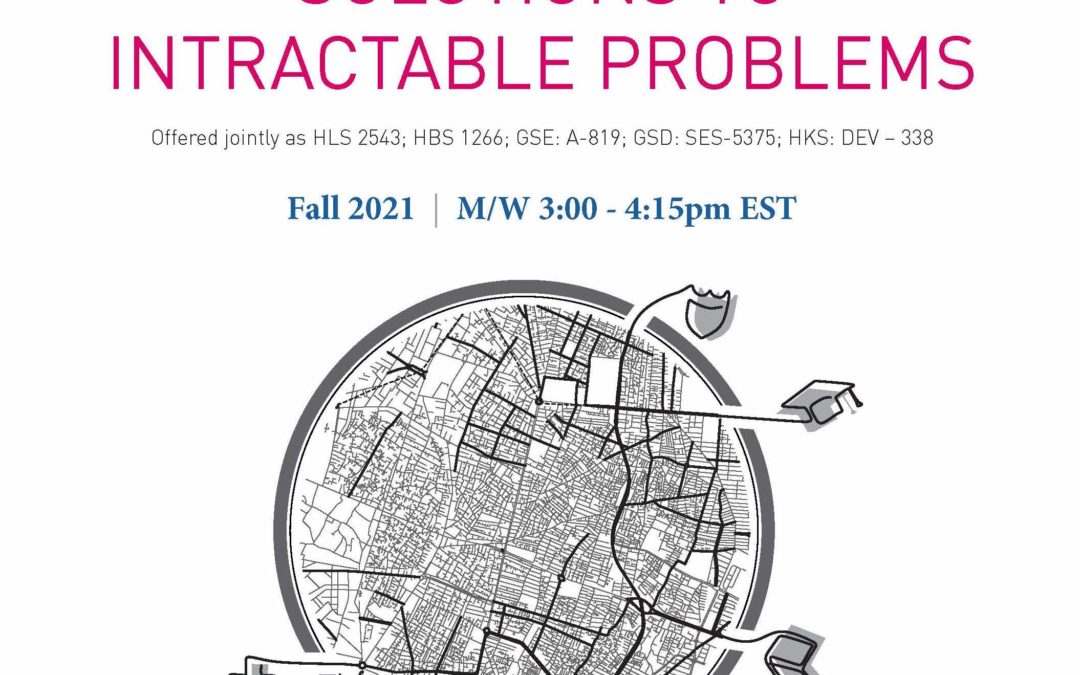
What problems do developing countries face, and how can individuals contribute to solutions rather than await the largesse of the state or other actors? This fall, students can enroll in Contemporary Developing Countries: Entrepreneurial Solutions to...
Jul 29, 2021 | Announcements, Community, Faculty, News, Students
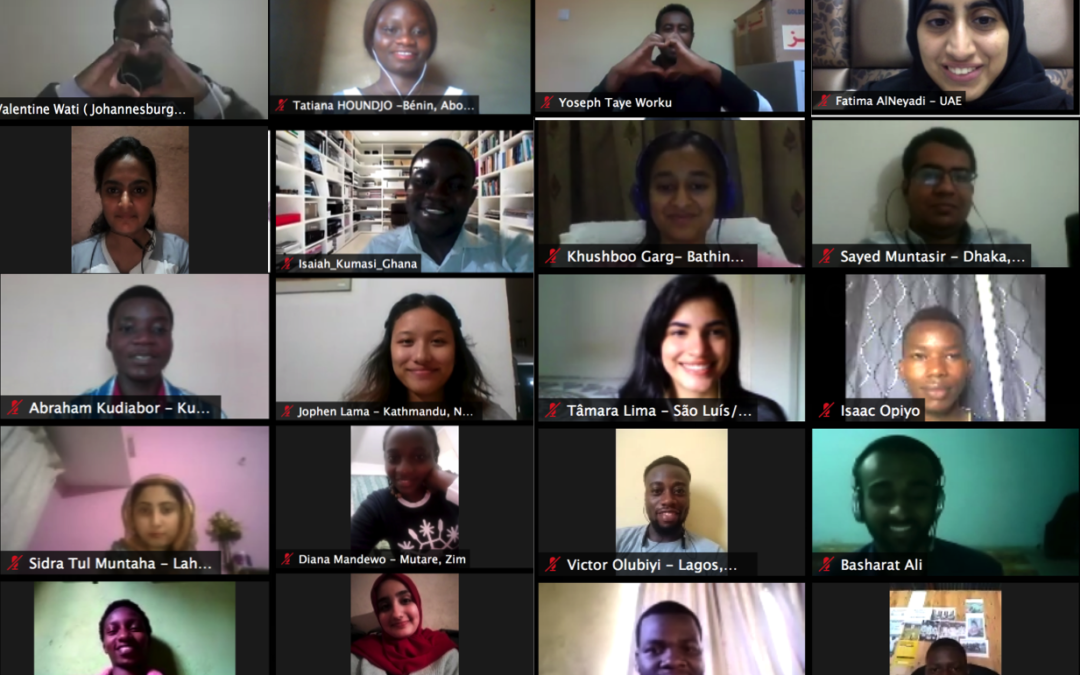
Since its inauguration in 2017, the Crossroads Emerging Leaders Program (CELP) has been devoted to engendering a transformation in the lives of first-in-family college students globally. By providing an array of educational resources, direct connections to Harvard faculty, mentorship opportunities, and affinity networks, CELP identifies and supports young people around the world in reimagining their academic and professional futures, fostering “success” through locally-grown, aspirational narratives, and in the process, building cohorts of next-generation leaders. This past month marked the conclusion of the fourth iteration—and second virtual iteration – of the program.
May 20, 2021 | Announcements, India, News, Pakistan, Students

With a focus on innovation and entrepreneurship in India and Pakistan, the Mittal Institute’s annual Seed for Change competition aims to award Harvard students with grant prizes for interdisciplinary student projects that positively impact societal, economic, and environmental issues. Learn more about the funded projects.
Apr 20, 2021 | Announcements, In Region, India, News, Students

The Global Alliance for Medical Innovation, a group of students and faculty based at
Harvard University working to increase access to healthcare via engineering and advocacy, was awarded a Mittal Institute Seed for Change grant in summer 2020. Their proposal explored the development of low-cost, scalable technologies to allow point-of-care diagnosis of common eye disorders in under-resourced regions of the globe.
Apr 7, 2021 | Announcements, Community, In Region, News, Students
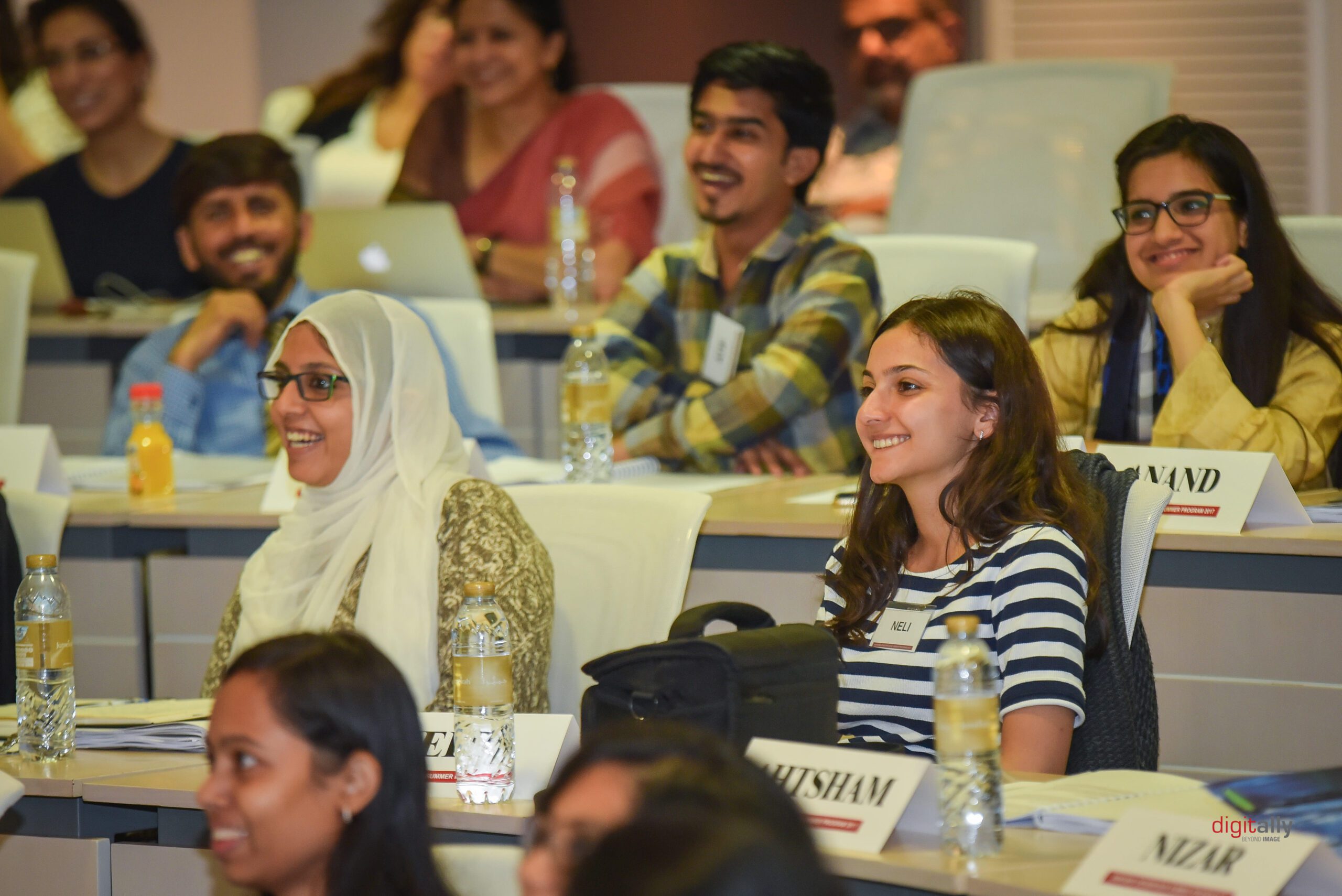
The Crossroads Emerging Leaders Program, a fully-funded academic and professional development opportunity for low-income, first-generation college students, is cultivating a dynamic network of young leaders spanning over 135 countries. In its fourth iteration—and second virtual iteration—Crossroads brought together program alumni, Harvard faculty and industry mentors to welcome interested students to the Crossroads community.
Mar 31, 2021 | Associates, Community, In Region, News, South Asia in the News, Students
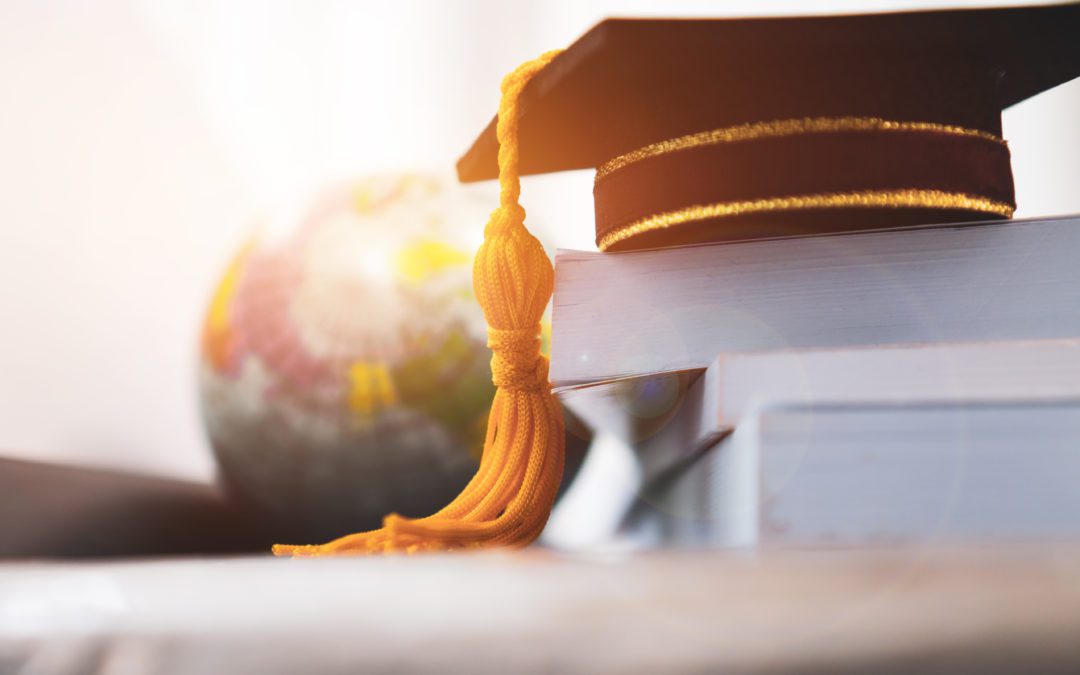
The Biden Administration Must Democratize International Education. This article, by Mittal Institute Research Affiliate Dinyar Patel, originally appeared in Foreign Affairs.
Mar 4, 2021 | Announcements, In Region, India, News, Students
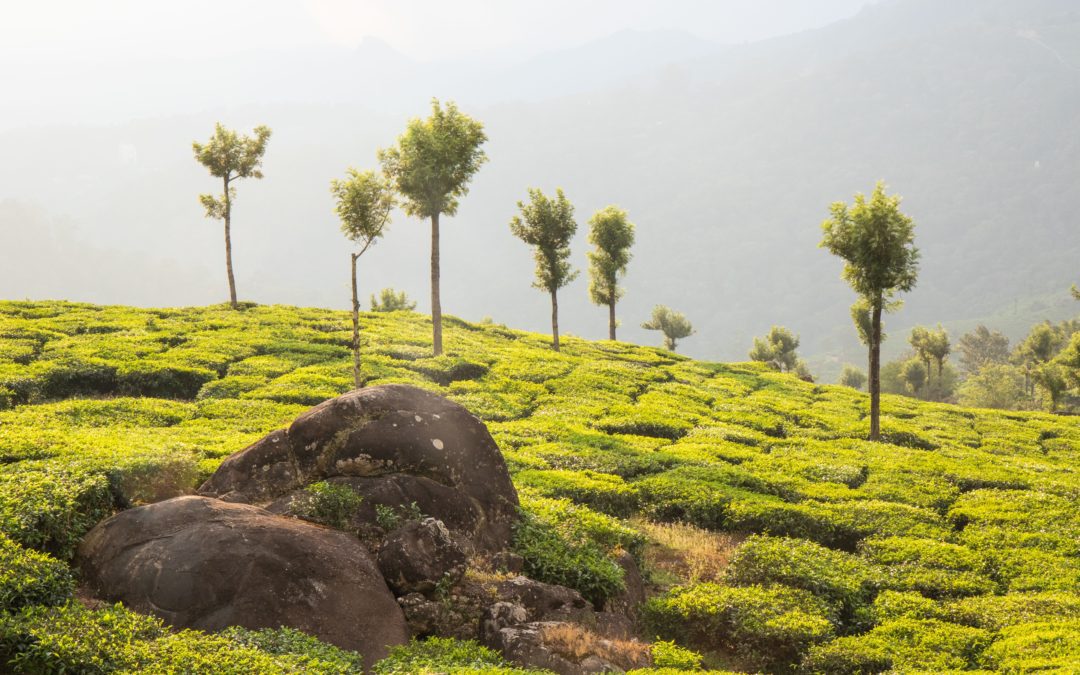
By Keya Lamba and Shweta Bahri, Harvard College ‘20. Earth Warriors is an early childhood education curriculum that uses play-based learning and a solutions-oriented approach to teach young children (3-7 years old) about climate change and sustainability. Climate change, pollution, and unsustainable levels of waste have led to an environmental crisis that can no longer be denied, and it is crucial for people to start building sustainable habits and reducing waste production from a young age to combat it. Yet, less than five countries in the world have climate change as part of their mandatory education curriculum, and none have it as part of their early curriculum.
Feb 18, 2021 | Announcements, In Region, India, News, Pakistan, Social Enterprise, Students

The Mittal Institute’s annual Seed for Change (SFC) competition aims to develop a vibrant ecosystem for innovation and entrepreneurship in India and Pakistan, offering grant prizes to interdisciplinary student projects that have the potential to positively impact societal, economic, and environmental issues in India and Pakistan. We recently spoke with a few of our past winners of the SFC competition — the teams of Umbulizer, Gramhal, and Meet — to learn how their social enterprise initiatives in Pakistan and India have grown since the time they one.












